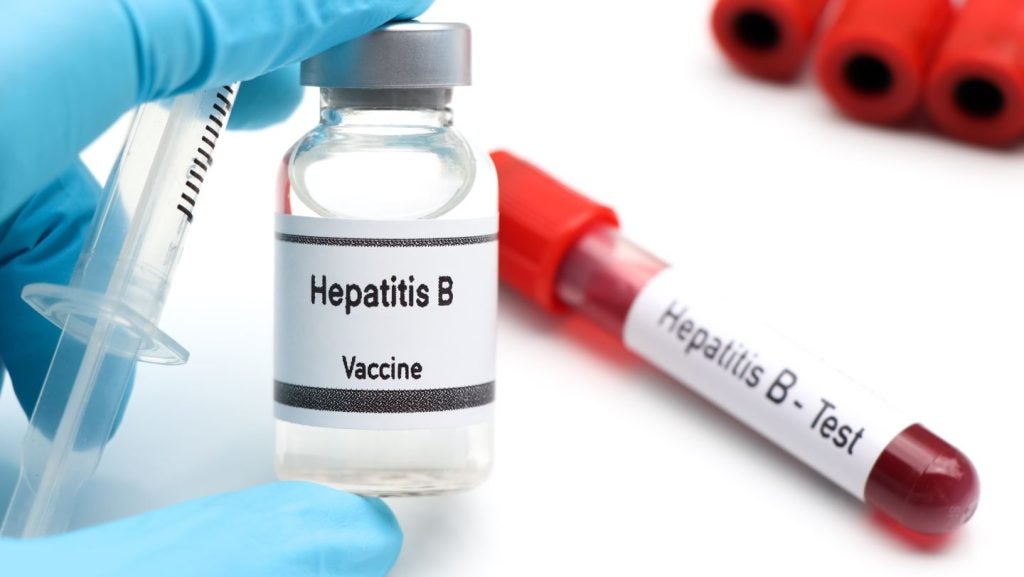
Progenics Pharmaceuticals has initiated the Phase I trial of PSMA-targeted therapeutic compund 131-I-MIP-1095 (1095) for the treatment of patients with metastatic prostate cancer at Memorial Sloan Kettering Cancer Center.
1095 is a small-molecule radio-pharmaceutical candidate designed to bind to the extracellular domain of prostate specific membrane antigen (PSMA) and destroy the tumour cells through its iodine-131 beta particles.
Expected to enrol about 40 patients with metastatic castration-resistant prostate cancer (mCRPC), the open-label dose-escalation Phase I trial will evaluate the drug's efficacy, tolerability and safety.
Progenics chief executive officer Mark Baker said: “The initiation of this trial reflects our commitment to advancing PSMA-targeted candidates that have the potential to transform how prostate cancer is detected, managed and treated.
See Also:
“The insights we gain from this trial will help guide the design of the future clinical development programme of 1095.”
How well do you really know your competitors?
Access the most comprehensive Company Profiles on the market, powered by GlobalData. Save hours of research. Gain competitive edge.

Thank you!
Your download email will arrive shortly
Not ready to buy yet? Download a free sample
We are confident about the unique quality of our Company Profiles. However, we want you to make the most beneficial decision for your business, so we offer a free sample that you can download by submitting the below form
By GlobalDataThe primary objective of the trial is to establish 1095's maximum tolerated dose, safety, tolerability, biodistribution and efficacy.
The firm intends to determine the optimal dose for its Phase II trial of 1905, based on the results from this trial.
Memorial Sloan Kettering Cancer Center MD and lead investigator of the study Michael J. Morris said: “MIP 1095 holds the promise of optimising tumour-specific delivery of radiation, with the added potential benefit of rapid clearance of the molecule and its radioactive payload that can minimise radiation exposure to normal tissues.
“The totality of the preclinical and compassionate use data provides strong support for 1095 in metastatic castration-resistant prostate cancer, and I look forward to further evaluating this drug in the clinical setting.”
Image: Micrograph showing prostrate cancer. Photo: courtesy of Nephron/Wikipedia.







